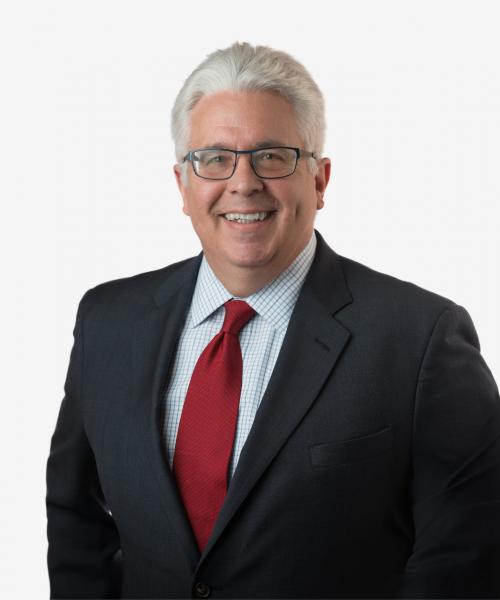DC Council Advances Landmark Paid Leave Law
On December 6, 2016, by a vote of 11-2, the Council of the District of Columbia passed the first reading of the ground-breaking Universal Paid Leave Amendment Act of 2016.
Under the Act, first introduced on October 6, 2015 by Councilmembers David Grosso (I-At Large) and Elissa Silverman (I-At large), covered employees who have a child through birth, adoption, foster care, or other legal placement would be eligible for up to eight weeks of paid leave. The Act would also provide up to six weeks of paid leave to workers in the District of Columbia to care for a covered family member experiencing a serious health condition, and up to two weeks for a personal serious health condition.
In order to be covered by the Act, an employee must have worked for 52 weeks prior to the qualifying event, and must spend at least 50% of their working time in the District. Both full-timers and part-timers would be eligible. The Act would apply to all private employers in Washington, DC, regardless of size.
Covered employees will be able to receive up to 90 percent of their average weekly wage during such paid leave, capped at $1,000 per week. The maximum weekly benefit will increase in proportion to the average annual increase in the CPI for the Washington-Baltimore Metropolitan Area starting October 1, 2021. There will be a one week waiting period in order to receive the benefits. Benefits will be paid out of a Universal Paid Leave Fund, which will be funded by a payroll tax of 0.62% of each covered employee’s annual salary or wages. By March 1, 2019, the Mayor will begin to collect contributions to the Fund. Covered employee could begin collecting benefits on January 1, 2020.
The Act prohibits employer interference with paid leave rights and retaliation against those who oppose an unlawful practice or participate in a proceeding under the law. The Mayor would have to issue rules implementing the Act within 180 days of its effective date.
The Act is likely to pass a second vote at the final legislative meeting of the Council on December 20 before going to Mayor Muriel Bowser, who has expressed concerns about the impact of the Act.
Federal law and many state laws require covered employers to provide covered employees with certain amounts of unpaid leave. However, New Jersey and California pay 60 percent of a worker’s salary for up to six weeks, and New York will begin implementing a family leave law in 2018 that will eventually provide workers with 67 percent of their pay for up to 12 weeks.
If you have any questions about the Act, please contact the authors, any other members of the Arent Fox Labor & Employment or Government Relations Groups, or the Arent Fox professional who regularly handles your matters.
Contacts
- Related Industries
- Related Practices

